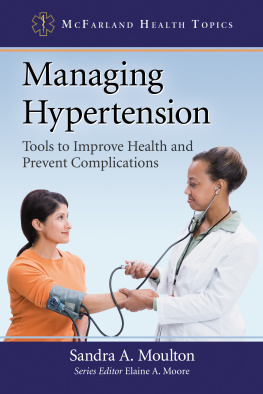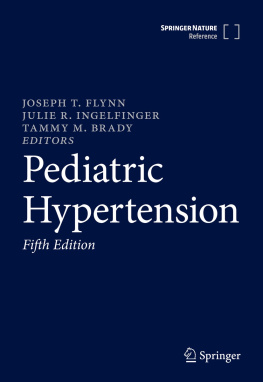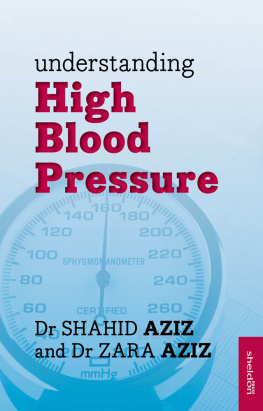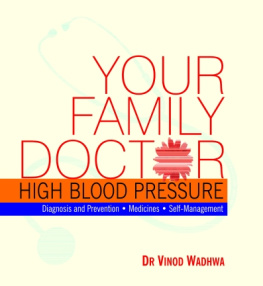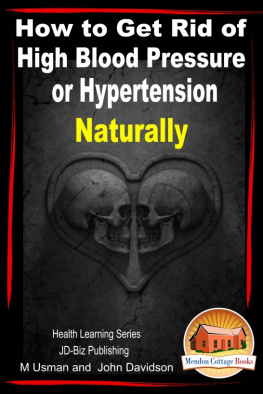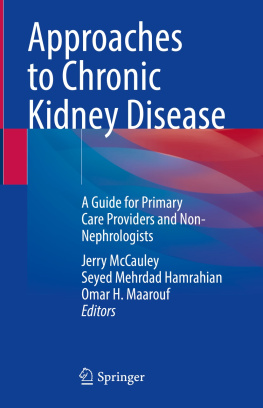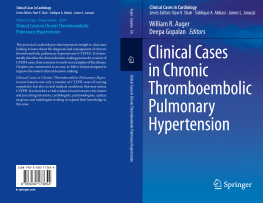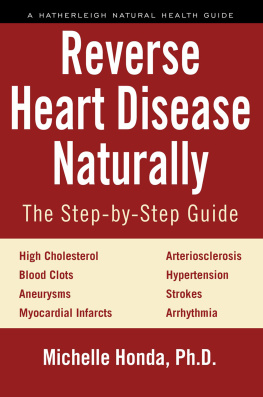
MCFARLAND HEALTH TOPICS
Living with Multiple Chemical Sensitivity: Narratives of Coping. Gail McCormick. 2001
Graves Disease: A Practical Guide. Elaine A. Moore with Lisa Moore. 2001
Autoimmune Diseases and Their Environmental Triggers. Elaine A. Moore. 2002
Hepatitis: Causes, Treatments and Resources. Elaine A. Moore. 2006
Arthritis: A Patients Guide. Sharon E. Hohler. 2008
The Promise of Low Dose Naltrexone Therapy: Potential Benefitsin Cancer, Autoimmune, Neurological and Infectious Disorders. Elaine A. Moore and Samantha Wilkinson. 2009
Living with HIV: A Patients Guide. Mark Cichocki, RN. 2009
Understanding Multiple Chemical Sensitivity: Causes, Effects, Personal Experiences and Resources. Els Valkenburg. 2010
Type 2 Diabetes: Social and Scientific Origins, Medical Complications and Implications for Patients and Others. Andrew Kagan, M.D. 2010
The Amphetamine Debate: The Use of Adderall, Ritalin and Related Drugs for Behavior Modification, Neuroenhancement and Anti-Aging Purposes. Elaine A. Moore. 2011
CCSVI as the Cause of Multiple Sclerosis: The Science Behind the Controversial Theory. Marie A. Rhodes. 2011
Coping with Post-Traumatic Stress Disorder: A Guide for Families, 2d ed. Cheryl A. Roberts. 2011
Living with Insomnia: A Guide to Causes, Effects and Management, with Personal Accounts. Phyllis L. Brodsky and Allen Brodsky. 2011
Caregivers Guide: Care for Yourself While You Care for Your Loved Ones. Sharon E. Hohler. 2012
You and Your Doctor: A Guide to a Healing Relationship, with Physicians Insights. Tania Heller, M.D. 2012
Autogenic Training: A Mind-Body Approach to the Treatment of Chronic Pain Syndrome and Stress-Related Disorders, 2d ed. Micah R. Sadigh. 2012
Advances in Graves Disease and Other Hyperthyroid Disorders. Elaine A. Moore with Lisa Marie Moore. 2013
Cancer, Autism and Their Epigenetic Roots. K. John Morrow, Jr. 2014
Living with Bipolar Disorder: A Handbook for Patients and Their Families. Karen R. Brock, M.D. 2014
Cannabis Extracts in Medicine: The Promise of Benefits in Seizure Disorders, Cancer and Other Conditions. Jeffrey Dach, M.D., Elaine A. Moore and Justin Kander. 2015
Managing Hypertension: Tools to Improve Health and Prevent Complications. Sandra A. Moulton. 2016
Mammography and Early Breast Cancer Detection: How Screening Saves Lives. Alan B. Hollingsworth, M.D. 2016
Central Sensitization and Sensitivity Syndromes: A Handbook for Coping. Amy Titani. Forthcoming
Managing Hypertension
Tools to Improve Health and Prevent Complications
SANDRA A. MOULTON
MCFARLAND HEALTH TOPICS
Series Editor Elaine A. Moore

McFarland & Company, Inc., Publishers
Jefferson, North Carolina
LIBRARY OF CONGRESS CATALOGUING DATA ARE AVAILABLE
BRITISH LIBRARY CATALOGUING DATA ARE AVAILABLE
e-ISBN: 978-1-4766-2247-7
2016 Sandra A. Moulton. All rights reserved
No part of this book may be reproduced or transmitted in any form or by any means, electronic or mechanical, including photocopying or recording, or by any information storage and retrieval system, without permission in writing from the publisher.
Front cover image of healthcare worker checking patients blood pressure Photos.com/Thinkstock
McFarland & Company, Inc., Publishers
Box 611, Jefferson, North Carolina 28640
www.mcfarlandpub.com
In memory
of my beloved mother, Louise,
who taught me the importance
of an education
Acknowledgments
I would like to thank God for giving me the health and strength to write my first book.
Thank you to Cheryl Saramak, my excellent typist and friend. I could not have done this without you.
To all of the wonderful contributors who made this book look great: thanks so much!
Thank you to Donald for helping me to stay focused and encouraging me to continue writing.
Thanks to my son, Christopher. Thanks to my family. Thanks also to my late friend, Janice Jackson, and friends Maureen Thorpe, Natalie, Dave, and Akin Falode. Thank you to my first cousin, Dominique Diedrick, for the excellent illustrations. Words cannot express my sincere gratitude for the support and kind words of encouragement from all of you.
Many thanks.
Preface
Hypertension or high blood pressure is a chronic health condition common worldwide. It affects people of different age groups, different cultural backgrounds and different socioeconomic statuses. Alarmingly, this disease is widely documented by researchers to increase the risk of heart disease, kidney disease, and stroke. This is especially so if a patients blood pressure is not effectively controlled and managed. Moreover, hypertension is believed to be one of the major risk factors for cardiovascular disease, and cardiovascular diseases, including stroke, are the leading causes of death worldwide (Chiu, Austin, Manuel, & Tu, 2010, p. 182).
Although individuals of all ethnicities may suffer from hypertension and its consequences, research frequently demonstrates that high blood pressure is more prevalent and is more challenging to control and manage in non-Hispanic black adults. The burden of the disease is also more pronounced in this group. It is important to note that hypertension not only affects individual patients but also has an impact on their families, friends, and communities, and increases costs to society.
Because hypertension is so widespread and the impact of the disease is so prevalent, I thought that a book about hypertension for the general public would increase awareness of the disease and help people suffering from this condition.
Through my work as a registered nurse and my personal experience with family members and friends with hypertension, I am aware that this chronic disease can pose a challenge to control and manage. And it can be even more challenging for individuals and their loved ones with limited support.
Managing Hypertension differs from other books because it is specific to the care and management of hypertension. It is geared for people in North America and worldwide, with some emphasis on the African American and aging populations. Numerous books have emphasized the prevalence, morbidity and mortality rates of hypertension in people of different cultural backgrounds, but this author was unable to locate a specific book that included the management of hypertension in African Americans and other ethnic groups.
It is my belief that if people have the tools to help manage their chronic health condition, their health outcome could be improved. In addition, population health could also be improved if morbidity (illness) and mortality (death) rates are decreased or prevented in people with high blood pressure.
Because hypertension is a chronic disease, a combination of medications and self-care behaviors may play a significant role in controlling blood pressure, decreasing the occurrence of hypertension-related illnesses and preventing premature deaths. Therefore, improving hypertension care is crucial for the individual and society. Control measures will improve the quality of life and overall health of the general population. While health initiatives caused significant strides in blood pressure control between 19881994 and 20072008 across age, race, and sex groups, hypertension control was lower among individuals 1839 years old and individuals 60 years and older and in Hispanics (Egan et. al., 2010).
Next page
